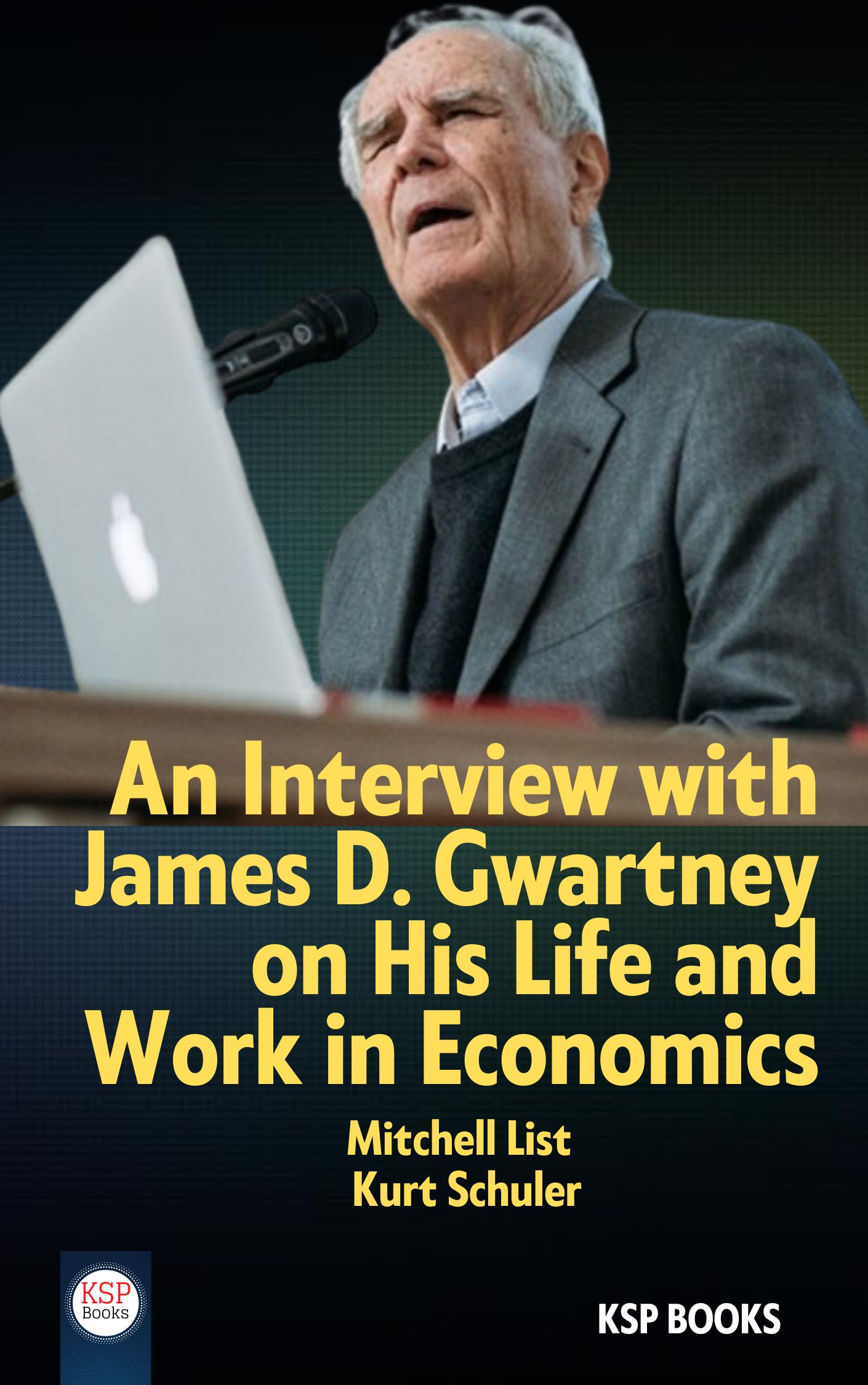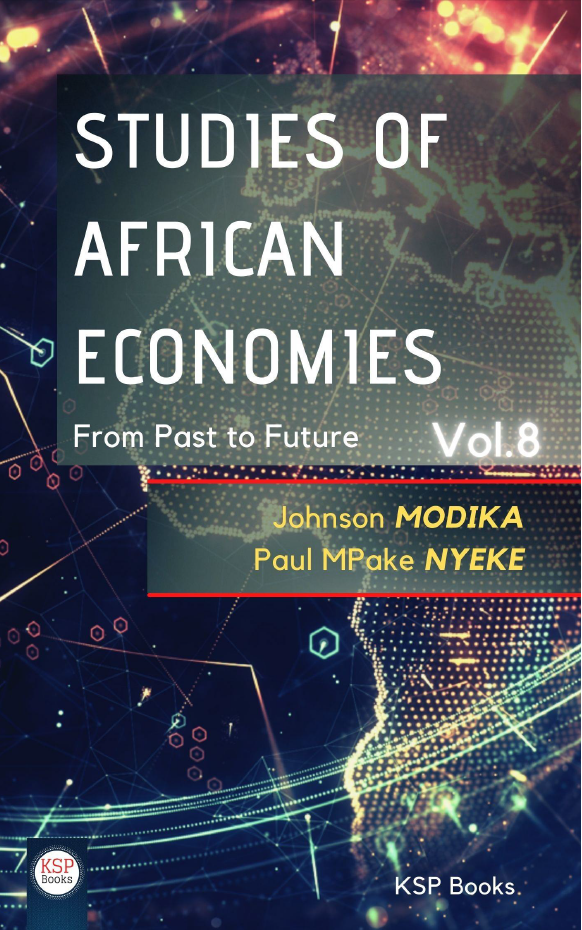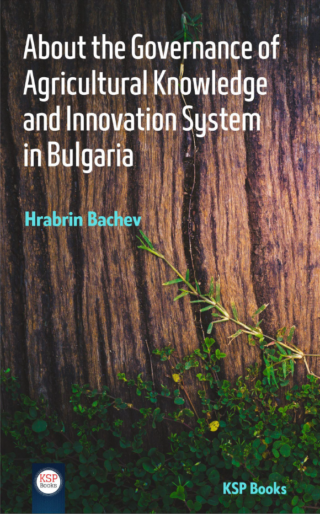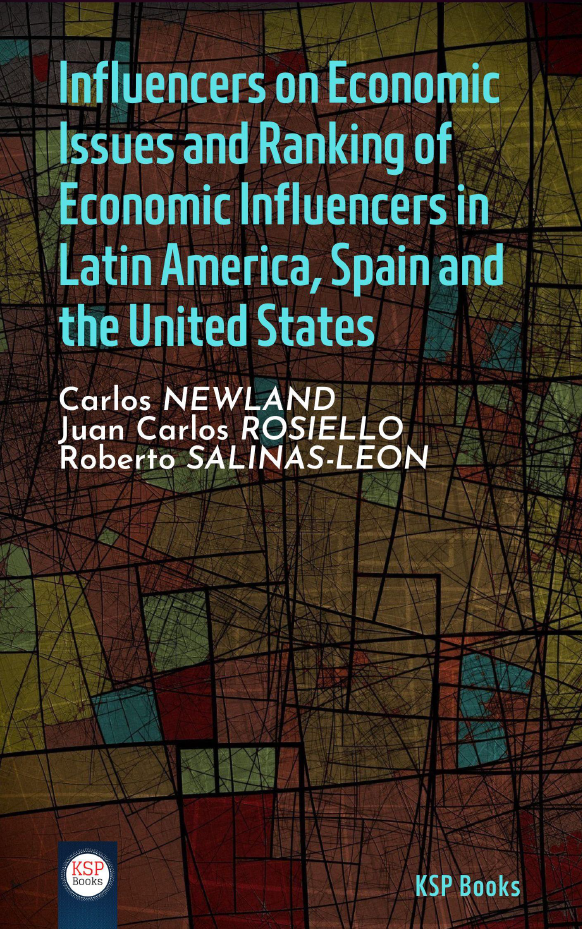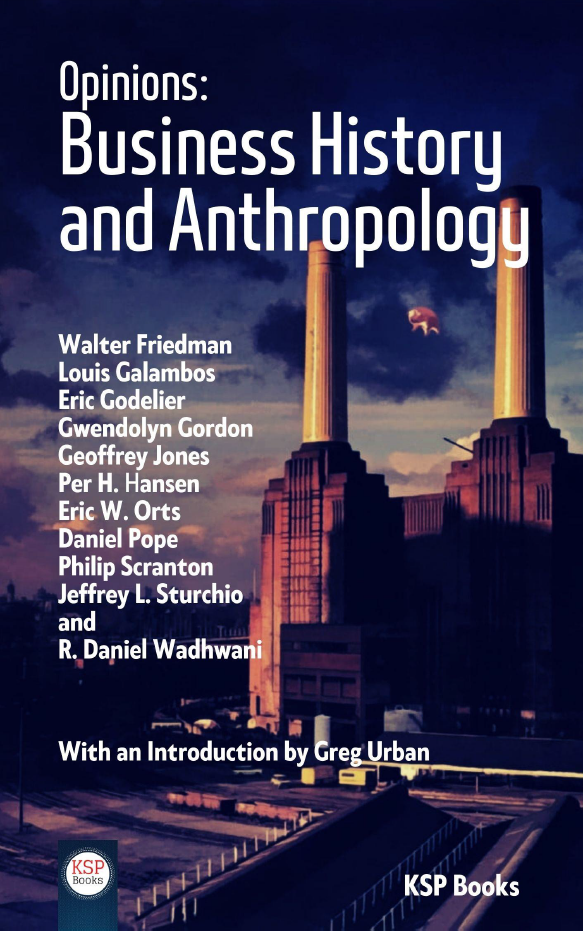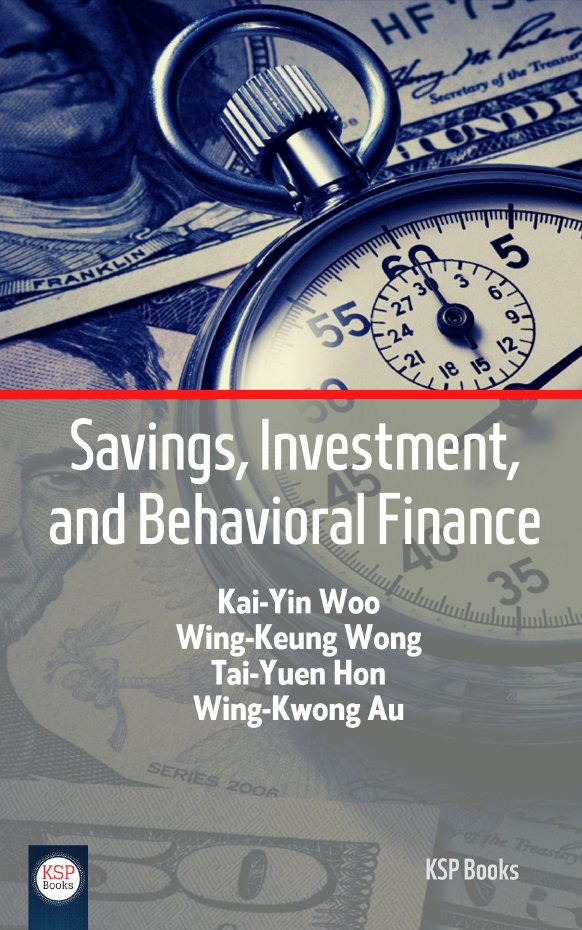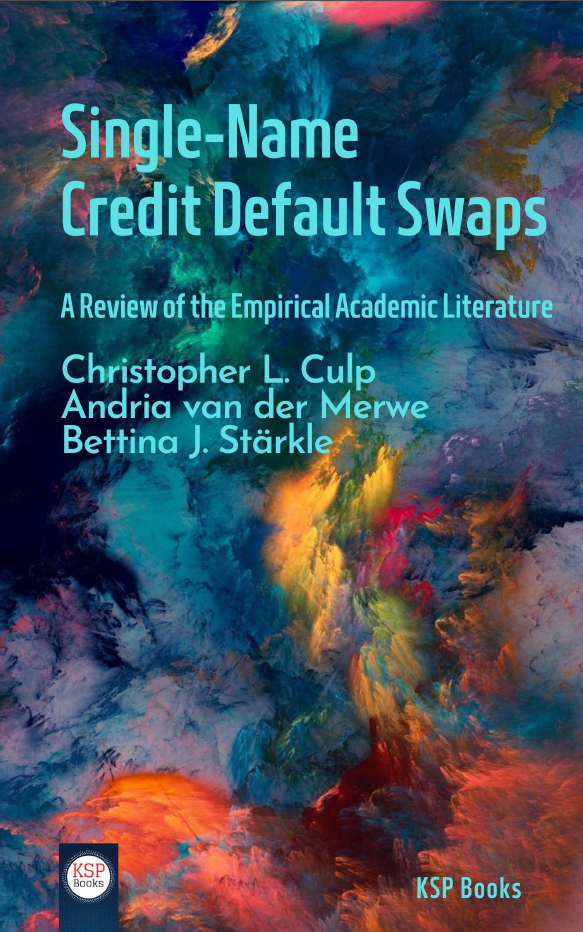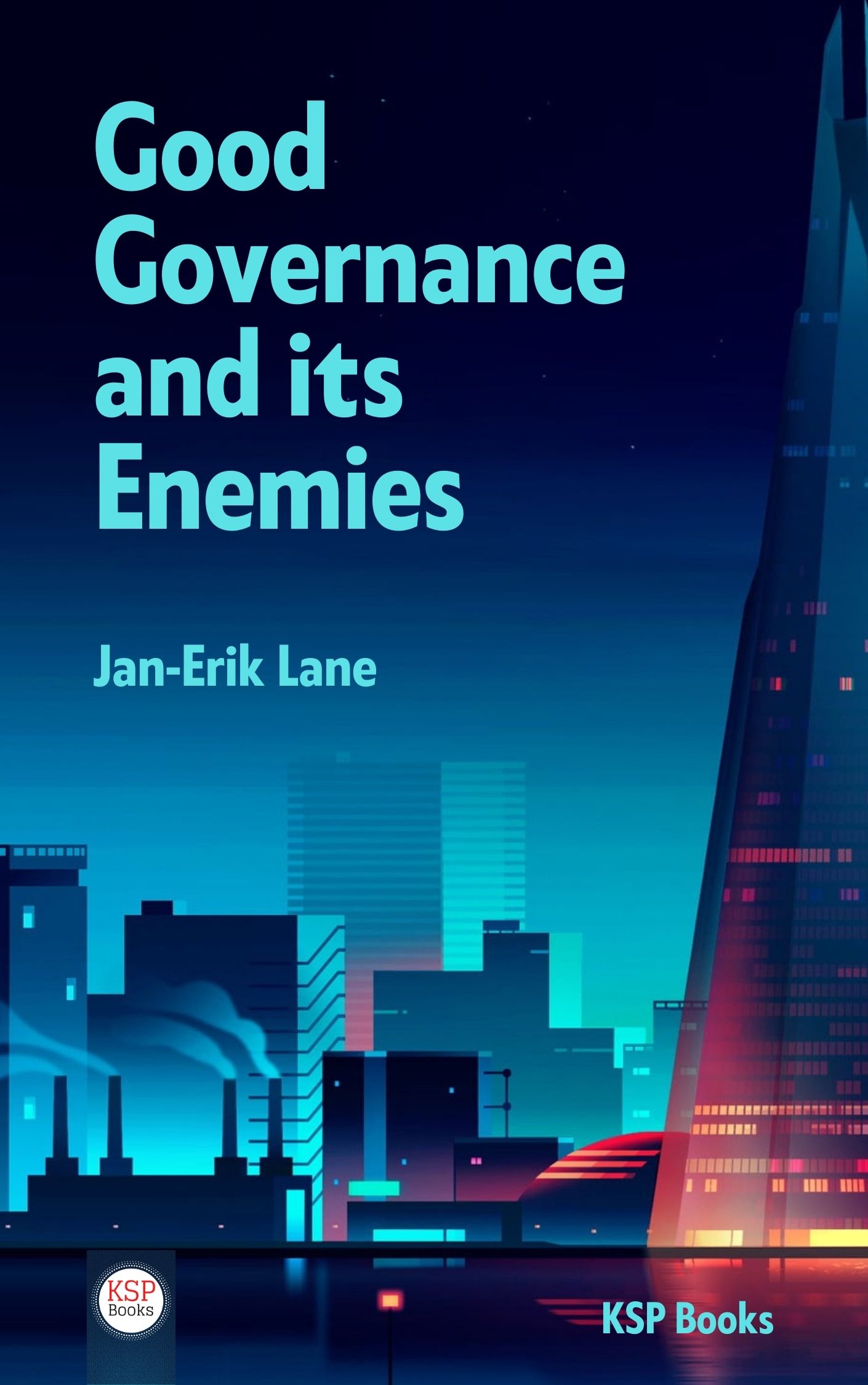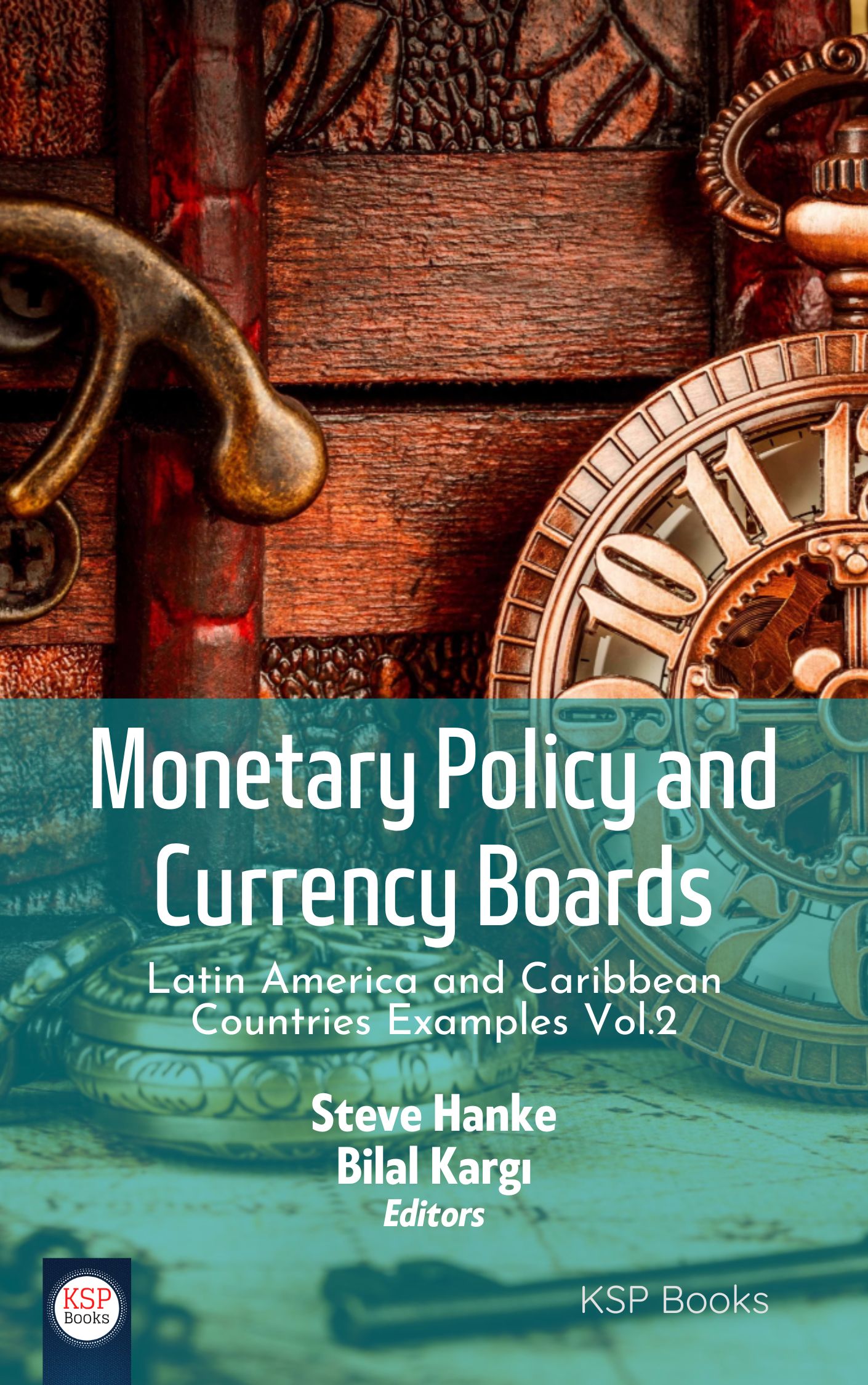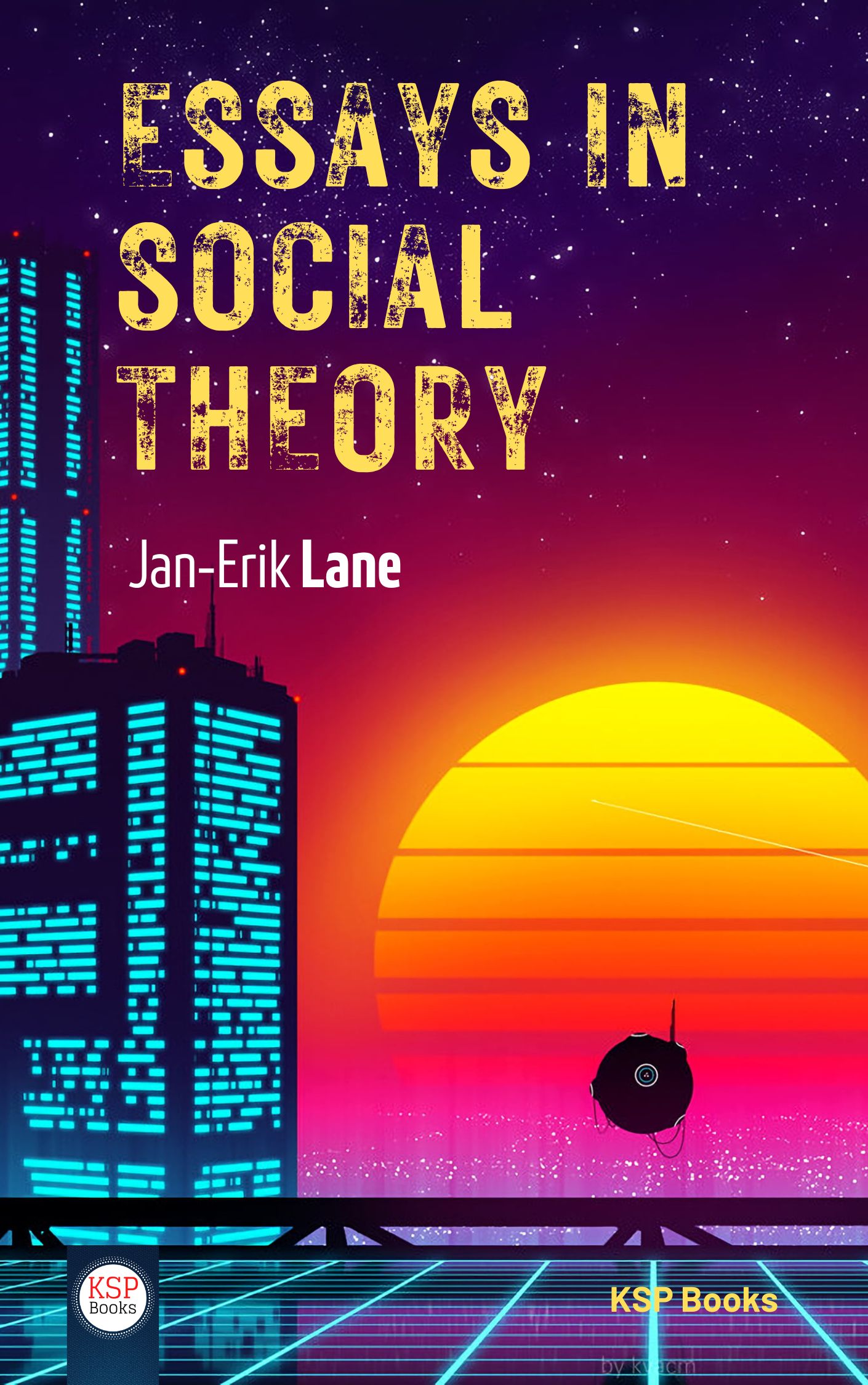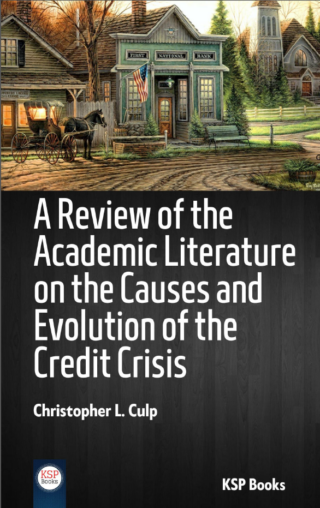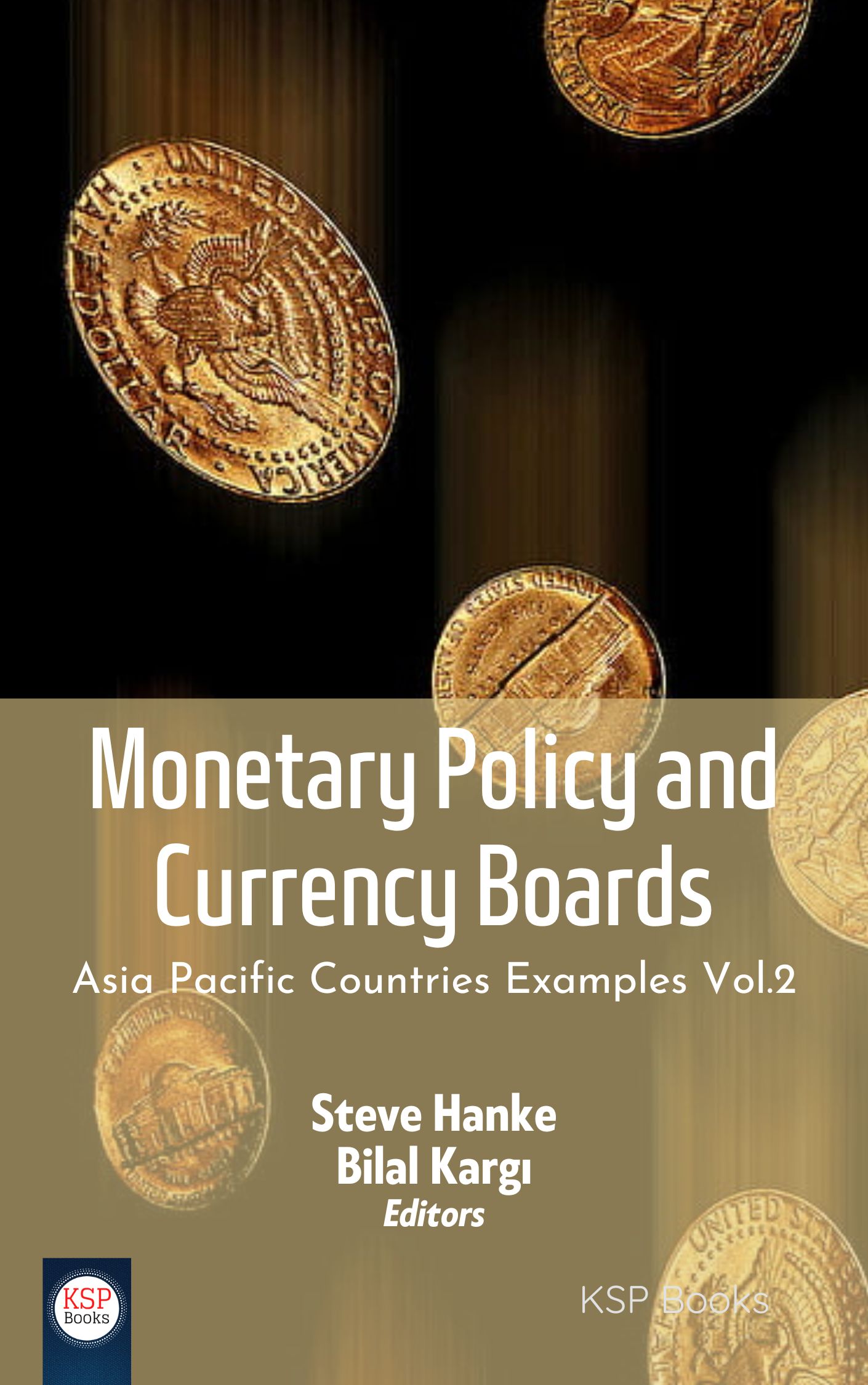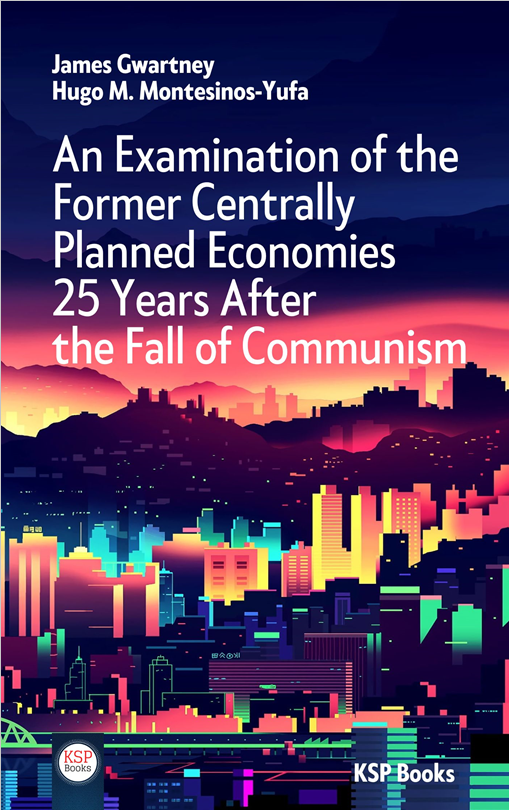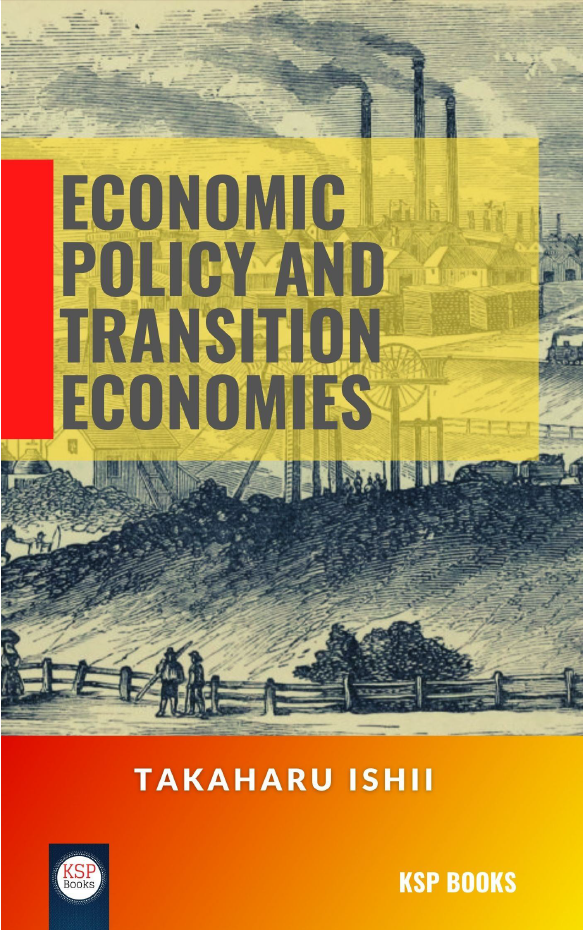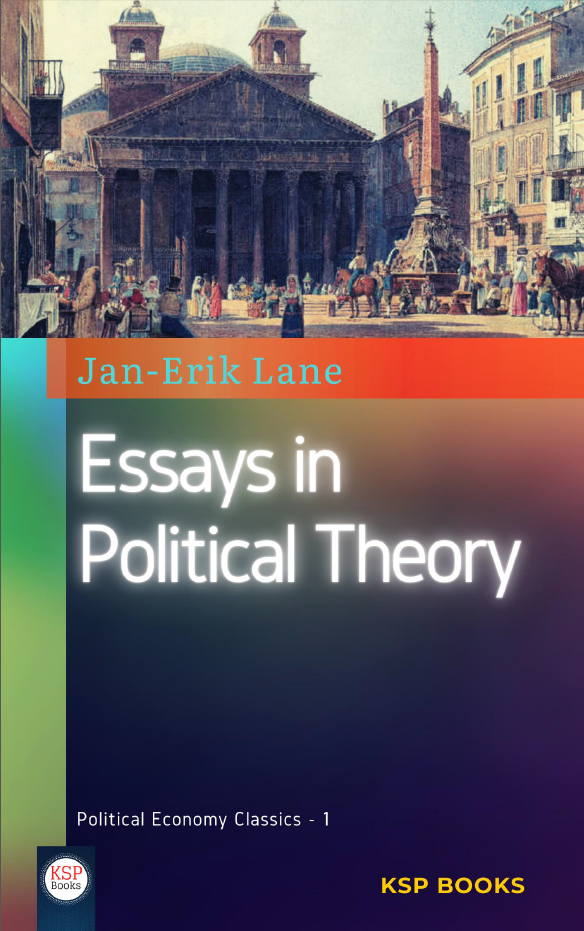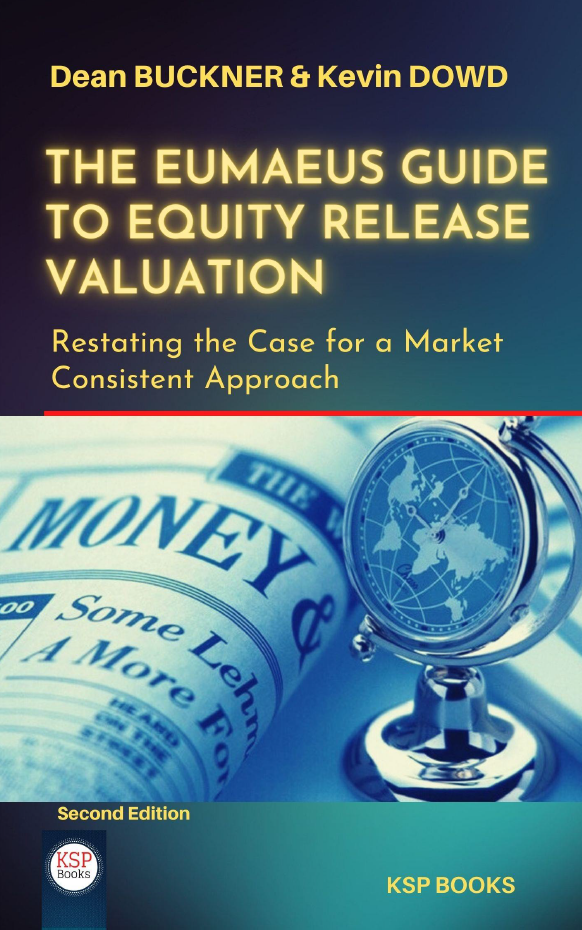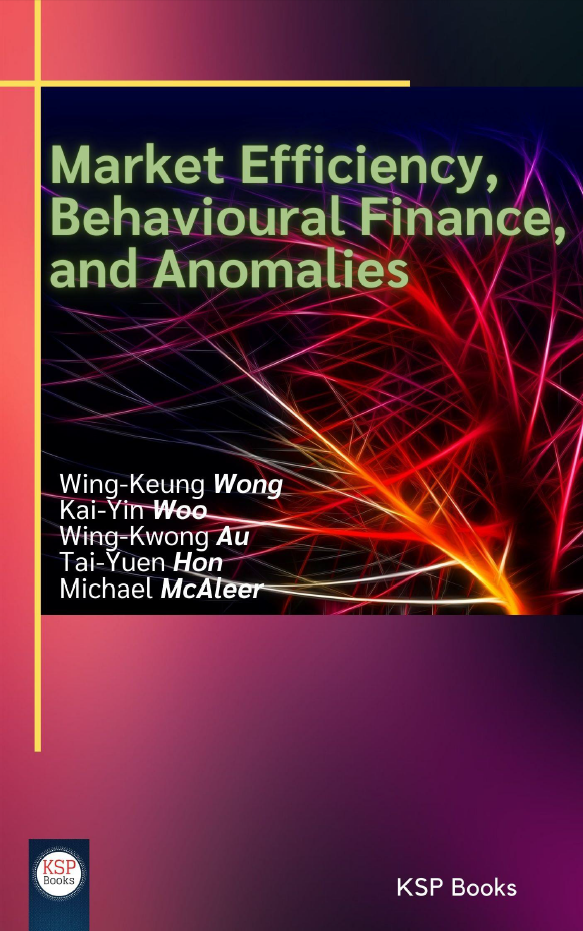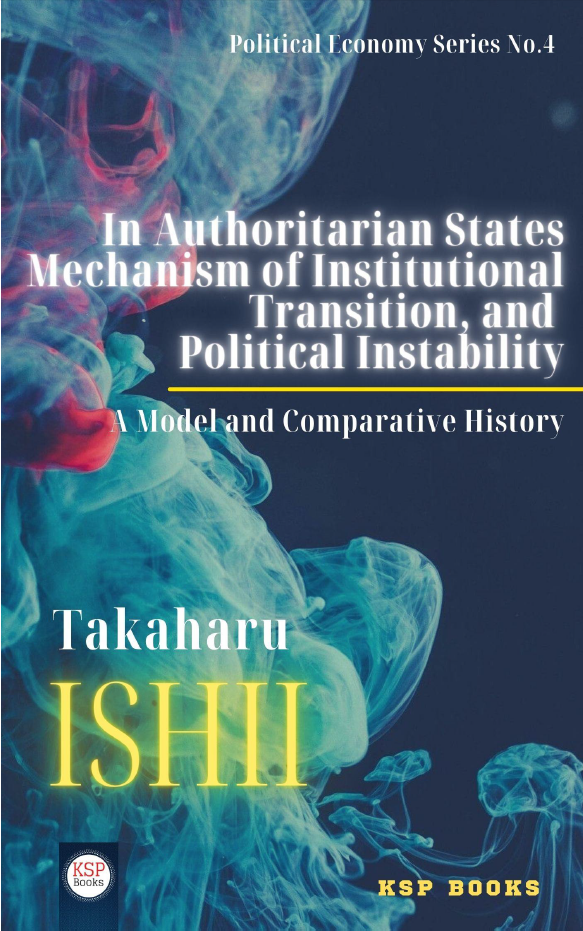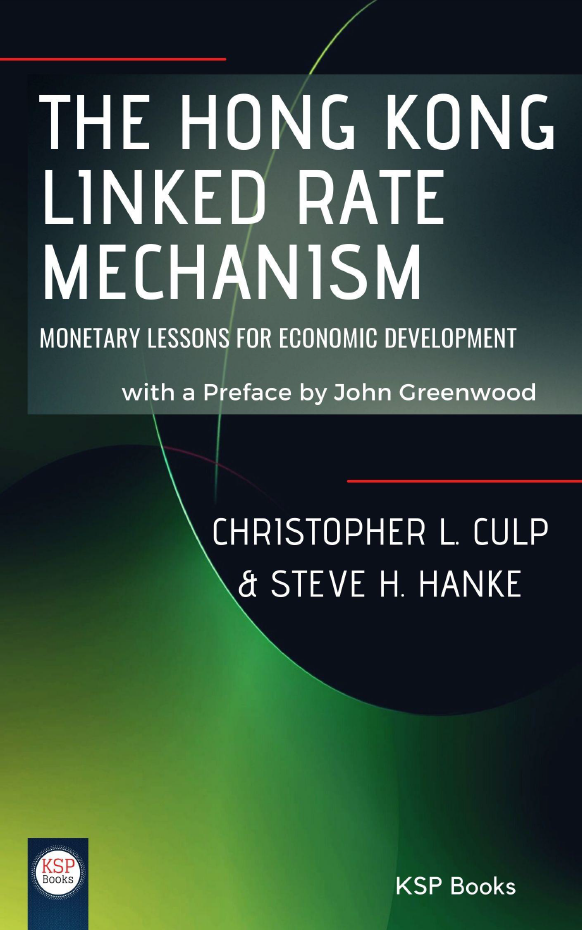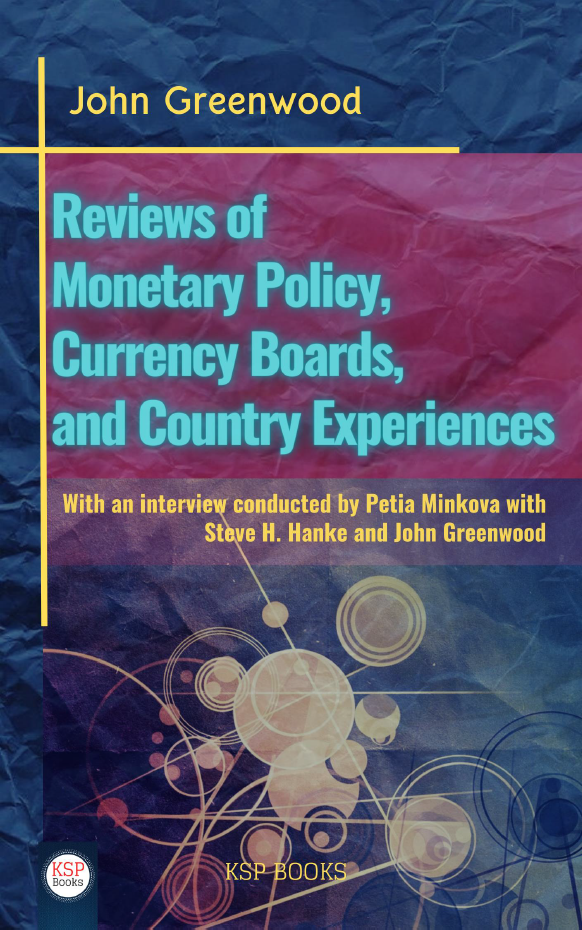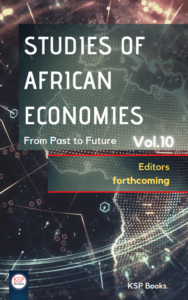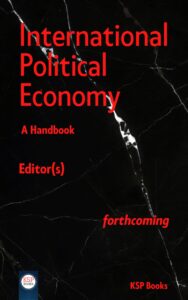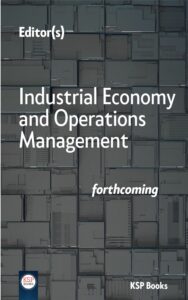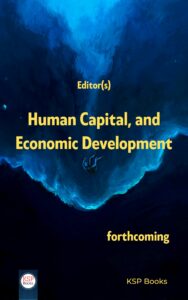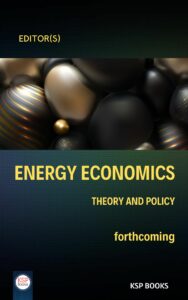By
Maggie Kgomo
University of Limpopo, South Africa
Thobeka Ncanywa
University of Limpopo, South Africa
e-ISBN: 978-605-7736-50-5
Publishing Date: December 15, 2019
File Size: 2,356 MB
Length: xvi + 92 pages (PDF)
Language: English
Dimensions: 13,5 x 21,5 cm
 This Book is completely open access. You can freely read, download and share with everyone.
This Book is completely open access. You can freely read, download and share with everyone. 
Brazil, Russia, India, China and South Africa (BRICS) are distinguished as having the fast growing markets in the universe compared to other markets of emerging economies, according to their promising economic prospective and demographic power. This study investigated the effects of government stock on investment activity in BRICS countries. This study used panel autoregressive distributed lag model (PARDL), Engel-Granger causality test, impulse response functions (IRF) and variance decomposition tests. Such techniques were applied to the annual data for the periods 2001 to 2016 in order to determine the effects of government stock on investment activity. The PARDL showed that in the long-run investment activity was positively influenced by government stock on mutual banks and government stock on liquid assets, and negatively related to government stock on bonds and government stock on corporations. The Engel-Granger causality test revealed existence of unidirectional movement between investment activity and government stock on corporations as well as from government stock on bonds to liquid assets. The impulse response functions showed the impulse percentage of fluctuation that the variables did contribute to each other, from various periods both in the short and long run. While the variance decomposition of investment indicated that investment was mainly shocked by its own innovations throughout all the periods. A critical evaluation is needed to avoid investment shocks, instability of investment activity, instability of financial markets and the economy as a whole.
List of Figures
List of Tables
List of Acronyms
1. Introduction
Statement of the problem
Research aim and objectives
Research questions
Significance of the study
2. Literature Review
Theoretical framework
Keynes Theory of Investment
Neoclassical Theory of Investment Behaviour
Tobin’s Q Theory of Investment Behaviour
Financial Theory of Investment Behaviour
Empirical literature
Estimation of government stock on investment activity
Long-run relationship between government stock and investment activity
Causal relationship between government stock and investment activity
Overview of the BRICS economy
Trends in gross fixed capital formation
Trend of the indicators of government stock (2010-2016)
Overview of the individual BRICS countries government stock
Brazil
Russia
India
China
South Africa
3. Research methodology
Data
Model specification
Estimation techniques
Panel unit root test
Lag length criteria
Panel cointegration test
Panel Autoregressive Distributed Lag (PARDL) model
Engel-Granger causality test
Diagnostic tests
Impulse response function
Variance decomposition
4. Emprical Resulst and Discussions
Panel unit root results
Lag length criteria results
Panel cointegration test results
Panel Autoregressive Distributed Lag (PARDL) model results
Engel-Granger causality test results
Diagnostic test results
Impulse response function
Variance decomposition results
5. Summary and Conclusion
6. Recommendation and the Book
References
Maggie Kgomo
University of Limpopo, South Africa
Ms Dintuku Maggie Kgomo obtained her Bachelor of Commerce degree majoring in Economics and Business Management at the Nelson Mandela University. For postgraduate studies she went to the University of Limpopo where she obtained her Bachelor of Commerce Honours in Economics (Cum Laude) and her Master of Commerce in Economics. She is passionate about the study of economics and financial markets. A continued field of interest for her is how the economy has a major impact on the society at large and how it influences daily life decisions.
Thobeka Ncanywa
University of Limpopo, South Africa
Prof Thobeka Ncanywa is an Associate Professor and HOD in the Department of Economics at the University of Limpopo. She has expertise in the field of Applied Economics, Development Economics, Econometrics, Micro Economics, Education Economics and Macro Economics. She has been involved into teaching and learning, community engagement activities, published in local and international journals and also presented research articles in Conferences.
Related EconPedia Items



